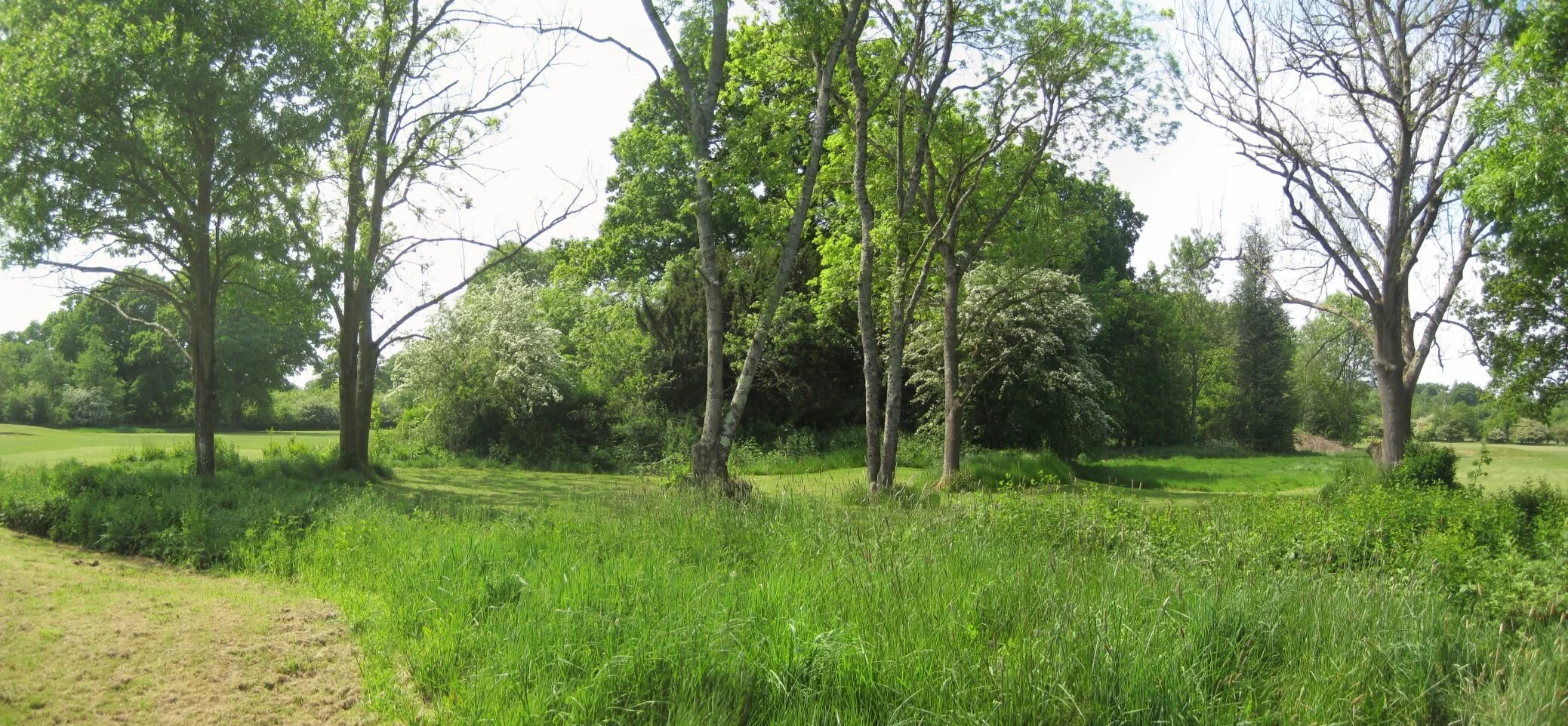Golf Courses are Good for Wildlife!
Tim Thomas MBE has written a review summarising the evidence of ecological benefits that golf courses deliver. Tim is a respected expert with over 45 years’ experience in wildlife and ecology management, gained while working for the RSPCA’s HQ specialist wildlife department. Tim has now retired and has continued his deep passion and concern for wildlife and the environment that we all inhabit.
Review Summary
The fairway is not an isolated piece of grass neither is it an intensively mown monoculture. Rather as part of the golf course it provides a complex matrix of habitats that supports a vast range of wildlife, contributes to reversing climate change and provides an attractive amenity for the health of its visitors.
Golf courses are more than capable of providing the perfect habitat for a range of both common and endangered species of wildlife be they plant or animal. Many of our UK courses are proof of this and several have even been given Site of Special Scientific Interest status.
Rookwood is no different, and with continued specific management, it can also develop its intrinsically valuable habitat into a leading area of natural beauty.
With good management and a positive outlook on golf courses, the truth is they play a vital role in wildlife preservation and biodiversity. This is particularly true of those in urban fringes - these wildlife strips of varied habitat add to the wildlife diversity of the immediate and neighbouring area and provide valuable corridors for wildlife movement.
Report Conclusions
The whole Rookwood site should be removed form the list of areas that may be used for housing. And would better be preserved for its valuable mixed habitat and amenity value.
While golf courses cannot yet be considered adequate replacement habitat for displaced wildlife, they may play a role in mitigating habitat loss.
Looking at some results and recommendations for both old (up to 100 years) and new courses, there is clear evidence that management towards increasing biodiversity on golf courses has a very positive outcome with species diversity increasing considerably. All these studies promote a mix of habitat that includes fairways.
Golf courses can increase and promote connectivity between sites and thus improve the gene pool of habitat that could be isolated.
Encourage the golf course staff and management to work with volunteers to assist in positive management of significant areas of the course and margins to wildlife habitat and increase biodiversity.
The RSPB (and other UK NGOs) have regularly promoted the environmental benefits of golf courses and helped them develop wildlife management plans and ecological management practices.

